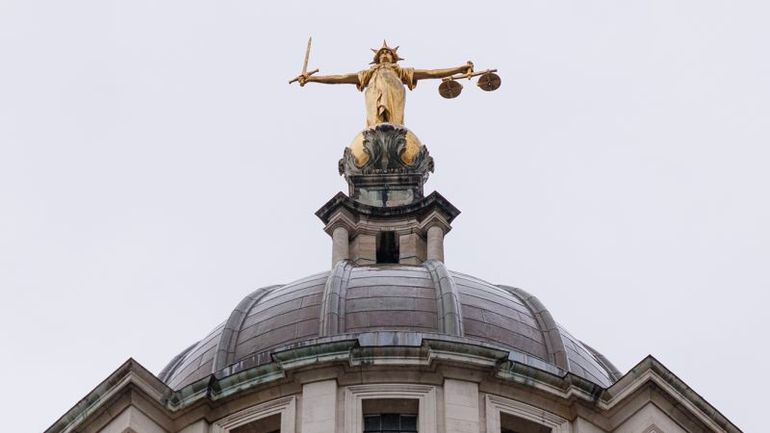
Proposed Legislation in England: Criminalizing Unauthorized Creation of Deepfake Pornography

England and Wales are considering criminalizing the production of sexually explicit deepfake content, fueled by growing concerns about the exploitation and harassment of women using artificial intelligence technology.
The UK justice department announced on Tuesday that the creation of sexually explicit deepfake content may soon be considered a criminal offense in England and Wales. This comes as concerns rise about the use of artificial intelligence to exploit and harass women.
According to a draft law, individuals who create deepfake images or videos of another adult without their consent could potentially face a criminal record and an unlimited fine, even if they have no intention of sharing the content. It is already against the law in England and Wales to share explicit deepfakes without the subject's consent, and those who do so may be subject to jail time.
Deepfakes are altered images or videos created using AI technology to make it seem like someone is doing or saying something they have not actually done or said.
Laura Farris, the Minister for Victims and Safeguarding in the United Kingdom, mentioned on ITV that as far as she knows, the UK will be the first to ban the creation of sexually explicit deepfakes.
Under the draft law, such content would include both pornographic images and nude deepfakes, whether or not the subject is engaging in erotic behavior.
Adobe Stock
Related article
Nonconsensual deepfake porn has brought attention to the use of artificial intelligence (AI).
The devolved governments of Scotland and Northern Ireland have the authority to pass laws in their respective countries. When asked by CNN if they were considering implementing similar regulations, they did not provide an immediate response.
A new offense in England and Wales will be added to the Criminal Justice Bill, which is currently being processed in parliament. Last year, amendments to the Online Safety Act made it illegal to share deepfake sexual images in England and Wales.
This new offense specifically targets adults, as creating deepfake sexual images of minors is already considered a crime under current laws in England and Wales.
The practice of creating deepfakes has involved putting women's faces on sexually explicit images without their permission. One notable example is Taylor Swift, whose images circulated on X in January and garnered millions of views before being removed.
During the same month, a bipartisan group of lawmakers in the United States presented a draft civil law. If approved, this law would give victims of sexually explicit deepfakes the right to take legal action against those responsible for creating and spreading such content without their consent.
A new rule is being considered in the European Union that would make it illegal to create sexually explicit deepfakes. If this rule is approved, all 27 member states of the EU will need to establish their own laws to enforce it.
According to Farris, a minister from the UK, deepfakes are a form of degrading and dehumanizing others, particularly women. He expressed this concern in a statement.
Meta, the owner of Facebook and Instagram, announced on Tuesday that they will be reviewing their approach to handling deepfake pornography. This decision comes after two inappropriate images of female public figures from the United States and India, created using artificial intelligence, were shared on their platforms.
"This new offense sends a crystal-clear message that creating this type of content is not only unethical but also often promotes misogyny and is considered a criminal act," a representative from Meta stated.
Deepfake pornography is becoming a major issue of gender-based harassment on the internet. It is being used more and more to target, silence, and intimidate women, both online and offline, according to Meta Oversight Board Co-Chair Helle Thorning-Schmidt.
Editor's P/S:
The UK







